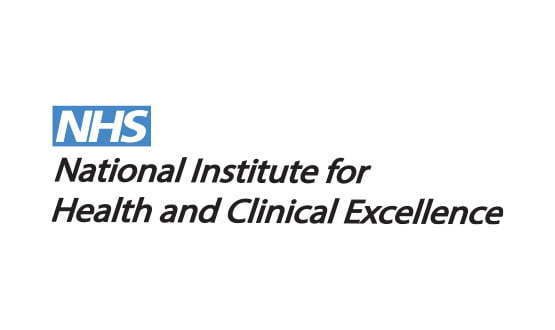The National Institute for Health and Clinical Excellence is setting up a NICE Collaborating Centre for Social Care to develop guidance in this area.
NICE has announced that it has awarded a contract to the Social Care Institute for Excellence and its partner organisations to create the centre and to develop and encourage the adoption of new guidance.
The developments will take effect from 1 April, when NICE will officially take up its new remit to develop both health and social care guidance.
The organisation will change its name to the National Institute for Health and Care Excellence to reflect the change.
In spite of this, it will retain the acronym NICE that it has used since it was set up as the National Institute for Clinical Excellence by New Labour.
The new centre will tackle up to six topics at a time, with the first six still to be scheduled. However, NICE will publish its first two quality standards for social care in April, as part of a programme to test methods and processes.
These standards will cover care services for people with dementia and the wellbeing of looked-after children and young people.
Although NICE is best-known for approving new drugs and treatments for use in the NHS, it produces guidance in three areas – public health, health technologies, and clinical practice – and produces quality standards for health and social care.
The Department of Health has asked NICE to develop new quality standards for autism in adults and children, child maltreatment, domiciliary care, the transition from child to adult services, the transition between health and social care, the mental wellbeing of older people in various settings, and medicines management in care homes.
NICE also runs the Quality and Outcomes Framework for GP practices and will run the Commissioning Outcomes Framework that will measure the outcomes of clinical commissioning groups from this year.

